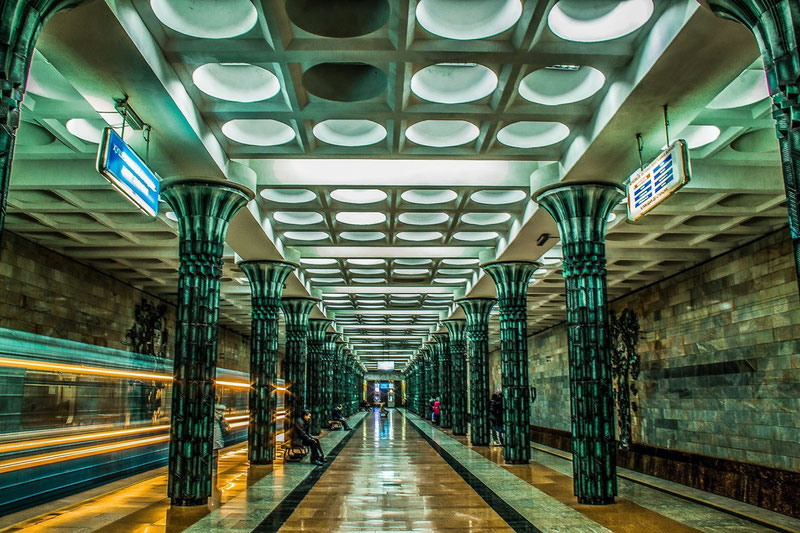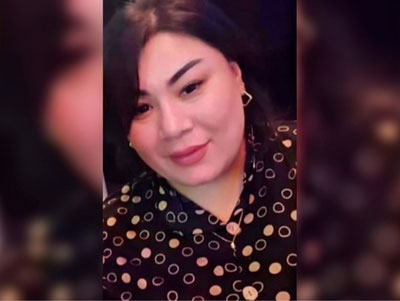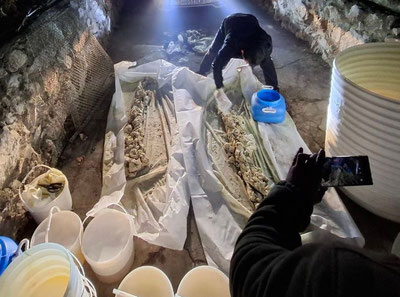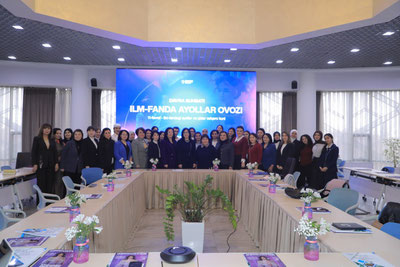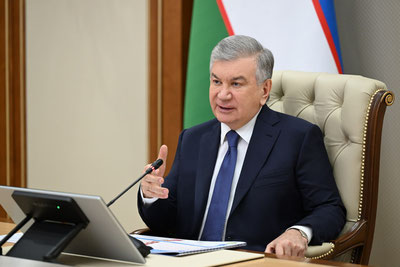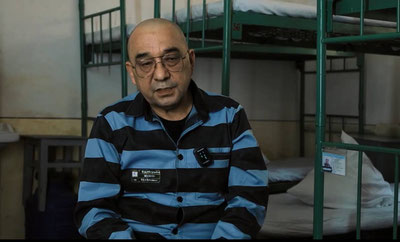The recent "preventative measures" begun in the Tashkent subway have revealed a series of problems. According to the results of an investigation carried out by the Transport Prosecution Office under the General Prosecutor's Office, the works are not only behind schedule, but also do not fully comply with project requirements. The most regrettable thing — the rails have already been dismantled, but at what cost?
Since June 8 of this year, train movements between the "Kipchak" and "Turon" stations have been halted. Just two weeks later, the route from "Quruvchilar" to "Yangiobod" is also closing. As a result, 9 out of 14 stations are temporarily ceasing operations. This is another test for thousands of passengers who rely on public transport in Tashkent.
Officially, the preventative measures are planned to last 3 months. However, a report distributed by the General Prosecutor's Office press service on June 24 raises questions about this statement. According to the report, a working group headed by Transport Prosecutor Ikrom Narimov has conducted an investigation and identified a “number of deficiencies.” Why are these deficiencies only being identified after the works have commenced?
"Uzbekistan Railways" is listed as the client and "Bridge Construction" as the contractor. However, who is accountable for the mistakes in the process? Where does the right of the city left without rails, of the ordinary passenger spending their time on buses, lie?
According to the instructions given by the Prosecution, the existing errors must be rectified immediately and the works should be reviewed to fully comply with the project requirements. However, it is unknown how many days it will take before these promises bring relief to the ordinary citizen.
Rails have been removed and stations closed under the guise of preventative measures, but do the "deficiencies" being identified and the quality of the works not indicate a systematic problem in the approach to the metro system?
In the city's transport, questions have replaced trust in the above-ground metro. The words "transparency," "safety," and "quality" remain, for now, only in press statements.
